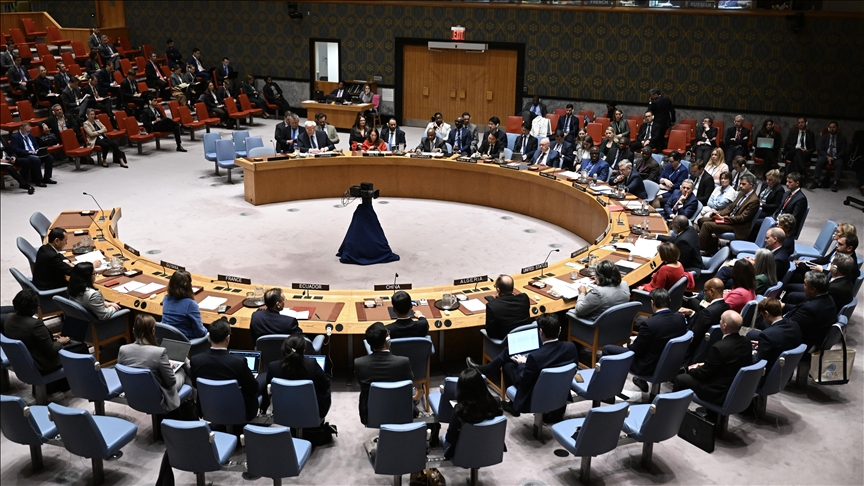
Algeria has officially taken over the rotating presidency of the African Union’s Peace and Security Council (PSC) for the month of August 2025, positioning itself at the helm of Africa’s top conflict resolution body at a time of widespread instability across the continent.
This strategic appointment reinforces Algeria’s longstanding diplomatic tradition, with the country pledging to promote African-led solutions to security challenges, based on dialogue, mediation, and regional integration.
The timing of Algeria’s presidency is particularly significant.
The continent faces a wave of overlapping crises—from the civil war
in Sudan and the political deadlock in South Sudan, to the escalation of armed groups in the Sahel and Horn of Africa. In response, Algeria intends to guide the PSC’s focus toward inclusive peacebuilding, emphasizing collaboration with both African stakeholders and international partners.
High-level sessions are already being planned to tackle urgent issues such as ceasefire monitoring, humanitarian aid coordination, and de-escalation strategies in volatile regions.
In addition to addressing active conflict zones, Algeria will oversee thematic debates on institutional reform and continental security governance.
These discussions are expected to engage key African bodies, including the African Centre for the Study and Research on Terrorism (ACSRT), AFRIPOL, and the African Peer Review Mechanism.
One of the key priorities of Algeria’s leadership will be the review of the PSC’s Counter-Terrorism Subcommittee mandate, amid the evolving security landscape in West Africa.
The council will evaluate new forms of extremist threats and the uneven capacity of states to respond, with the aim of crafting a more adaptive, unified response.
Algeria has also expressed a clear commitment to enhancing information sharing, coordinating operational responses, and strengthening institutional resilience across the AU’s security architecture.
This cooperative strategy underlines Algiers’ desire to contribute meaningfully to continental stability without pursuing hegemonic influence.
As the AU contends with a continent fraught with military coups, electoral violence, and growing geopolitical rivalries, Algeria’s presidency of the PSC is both a diplomatic opportunity and a formidable challenge.
The success of its tenure may prove pivotal in demonstrating whether African-led peace mechanisms can effectively respond to today’s complex crises—while reinforcing the AU’s long-term goal of operational and decision-making autonomy in safeguarding peace across the continent.



